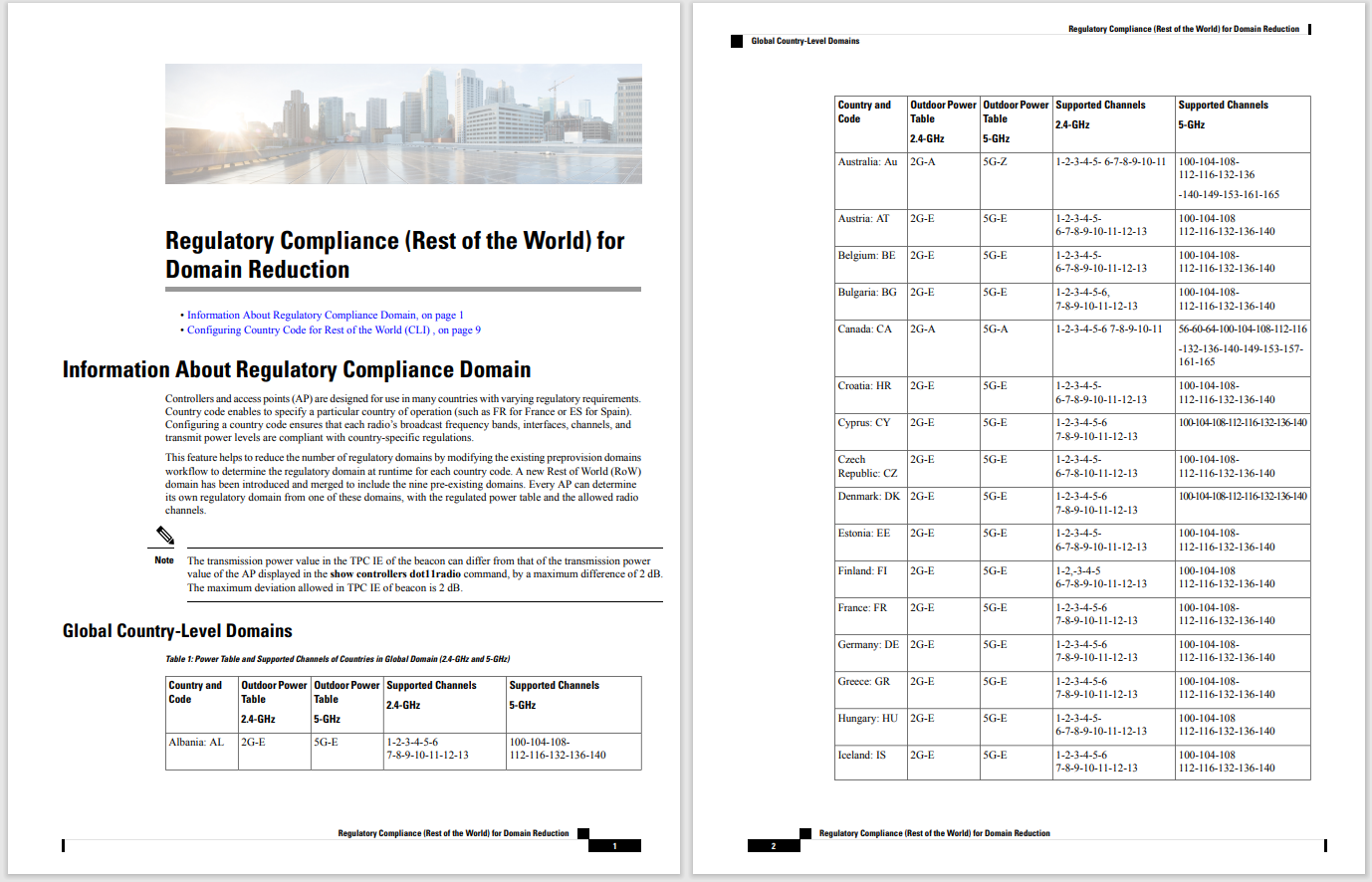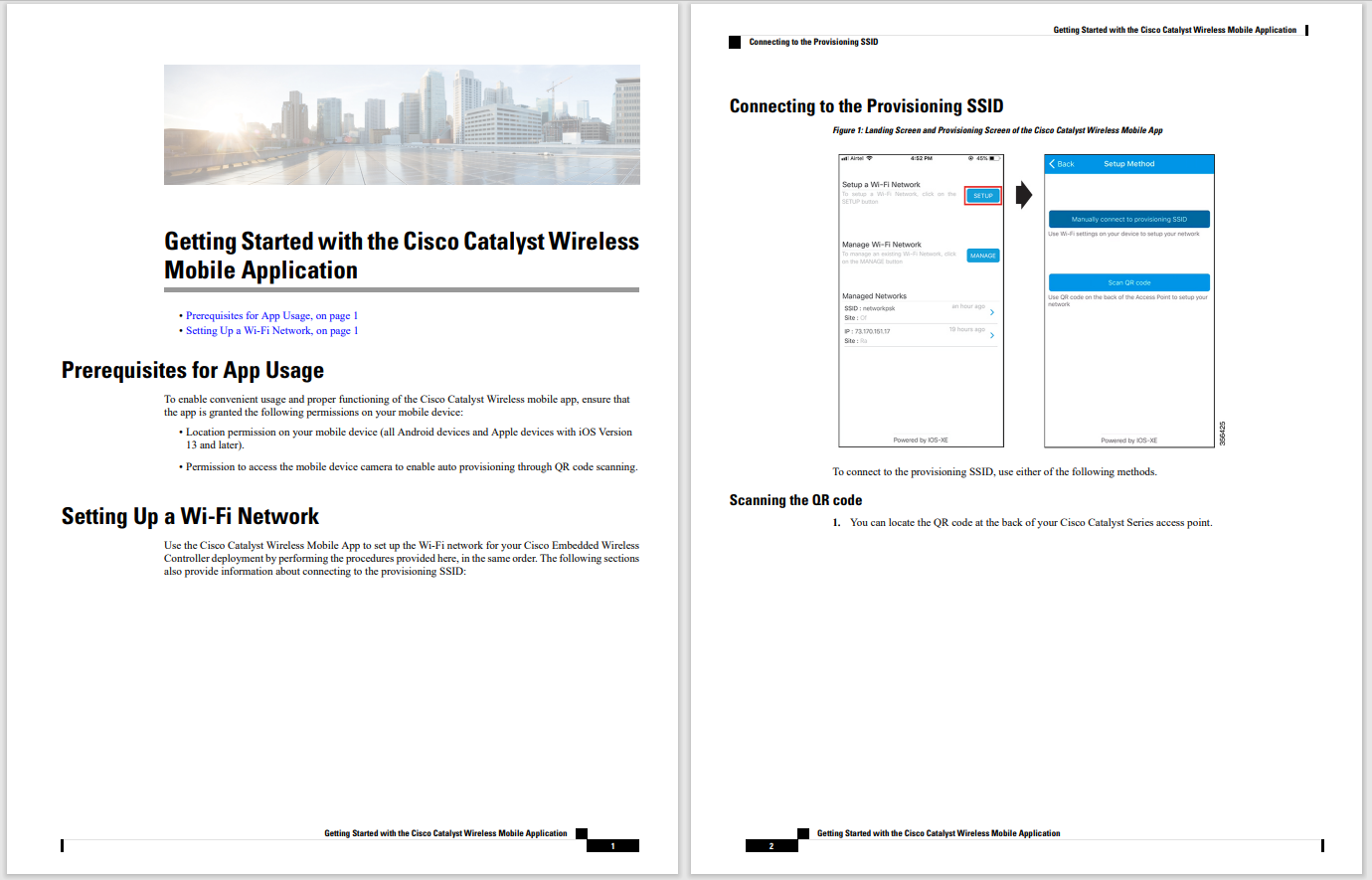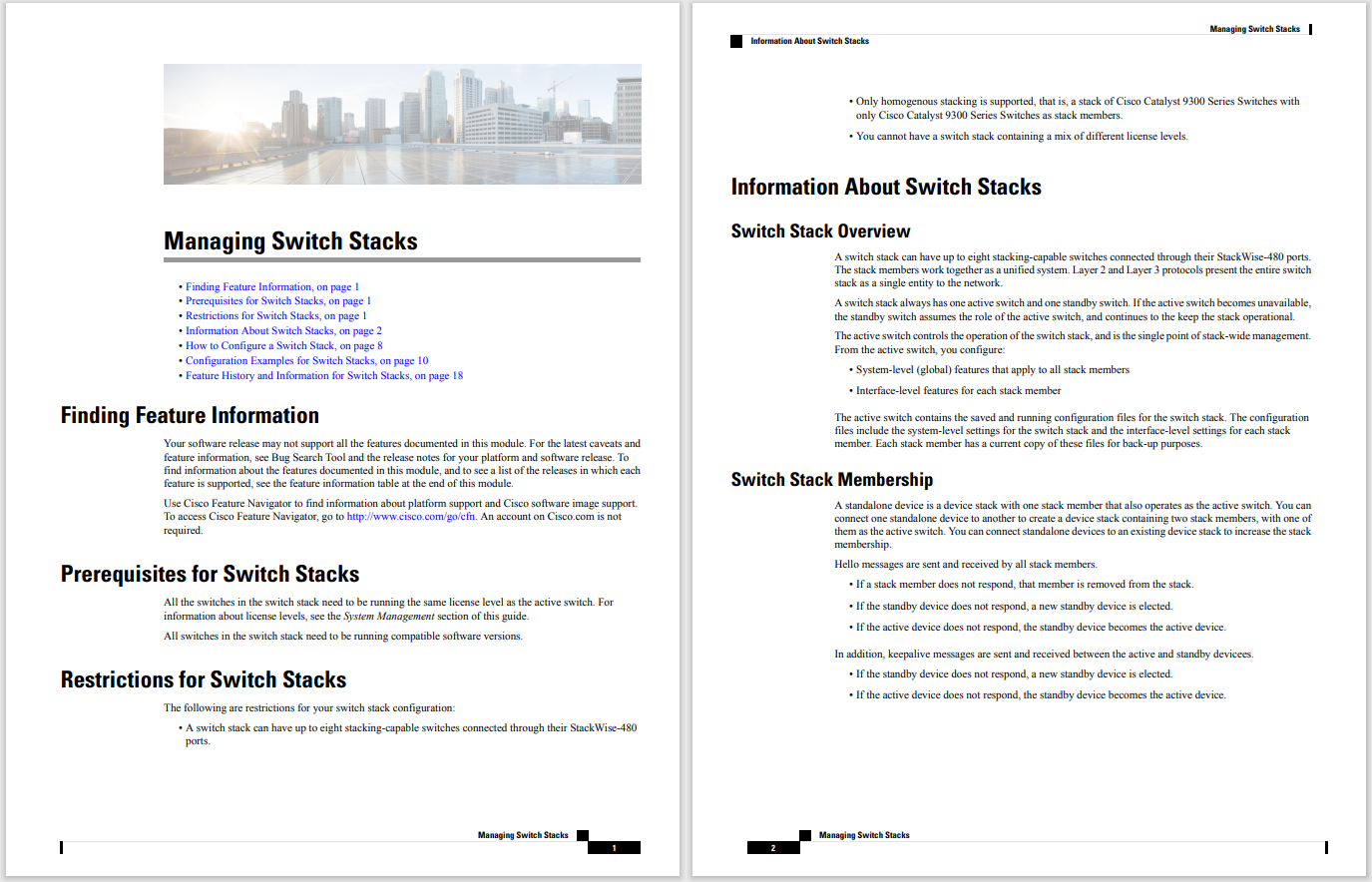
































Despite OpenAI continuing to lead the AI race, the company hasn't slowed down its pace of development, continuing to release modifications, upgrades, and even new technology. The latest wave of updates includes highly anticipated changes, including GPT-4 Turbo performance improvements and lower API costs.
On Thursday, OpenAI unveiled a series of updates, including an updated GPT-4 Turbo preview. Despite being the OpenAI's most advanced AI model, GPT-4 Turbo has been the object of many complaints about its performance, including claims that it was acting lazy.
Also: The best AI image generators of 2024: Tested and reviewed
OpenAI has addressed that issue by releasing an updated GPT-4 Turbo preview model, gpt-4-0125-preview, which can better complete tasks such as code generation compared to the previous model. OpenAI said it can even "reduce cases of 'laziness' where the model doesn't complete a task."
The company also shared a status update on the highly anticipated GPT-4 Turbo with Vision, which will be OpenAI's most advanced model yet, sharing that it plans to launch the model for general availability in the coming months.
Next week, OpenAI also will introduce a new GPT-3.5 Turbo model, gpt-3.5-turbo-0125, which will sport "various improvements," according to OpenAI, including higher accuracy at responding in requested formats and a fix for text-encoding bugs for non-English language functions calls.
The prices for GPT-3.5 Turbo will also drop for the third time in the past year, with input prices for the new model being reduced by 50% to$0.0005 per 1,000 tokens, while output prices are reduced by 25% to$0.0015 per 1,000 tokens.
Also: I tried Google's new Art Selfie 2 and could not stop laughing
Tokens are used as the currency for an OpenAI's API to perform a task. The amount of tokens needed to complete a task depends on the length of the input and output and can often rack up quickly if you are using ChatGPT for larger bodies of text. The price drop should help offset the cost of using ChatGPT for these applications.
The last update went to the free Moderation API, which developers can use to identify potentially harmful text. OpenAI released its most robust moderation model, text-moderation-007.
In terms of new models, OpenAI released two new embedding models: the text-embedding-3-small model and the text-embedding-3-large model. Embedding models represent text, natural language, or code as vectors, which helps machine learning models understand the relationships between content.
 Hot Tags :
Innovation
Hot Tags :
Innovation